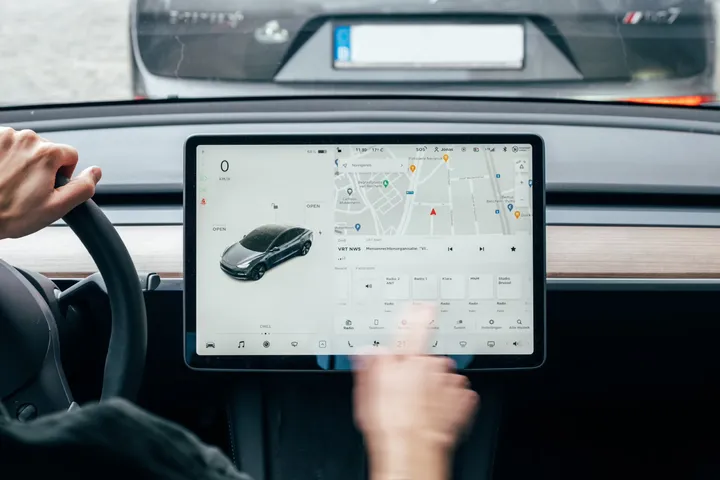Wondering about how the long, rich content perform? Here is it.
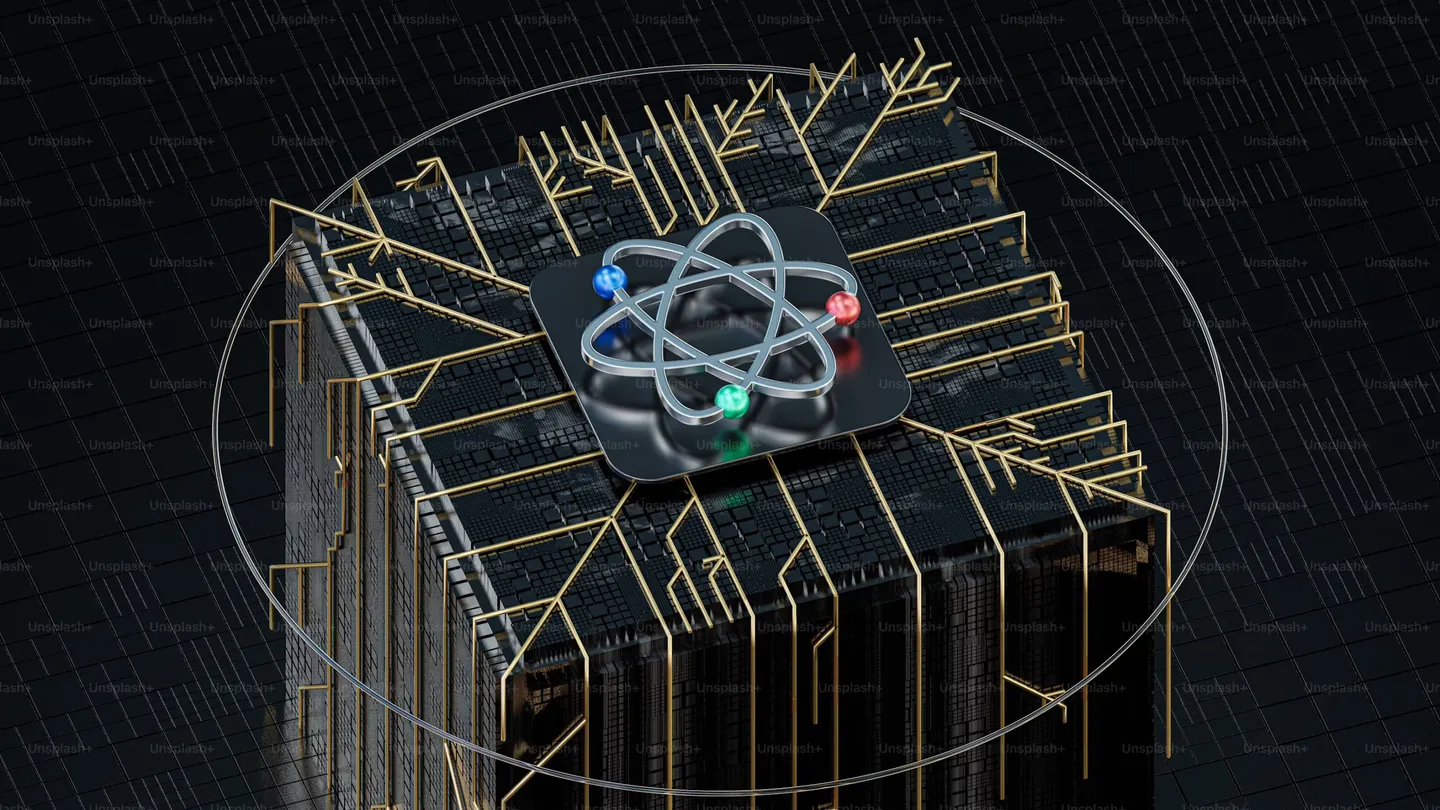
Technology is the application of scientific knowledge, tools, and techniques to solve problems, enhance efficiency, and improve the quality of life. It spans a vast array of disciplines and industries, influencing everything from communication and healthcare to transportation and entertainment.
Key Characteristics of Technology:
- Innovation: Technology often brings novel solutions to existing challenges, fostering progress and innovation.
- Integration: It integrates with various aspects of daily life, becoming a cornerstone of modern society.
- Evolution: Technology evolves rapidly, with new advancements building on the foundation of prior discoveries.
Major Types of Technology:
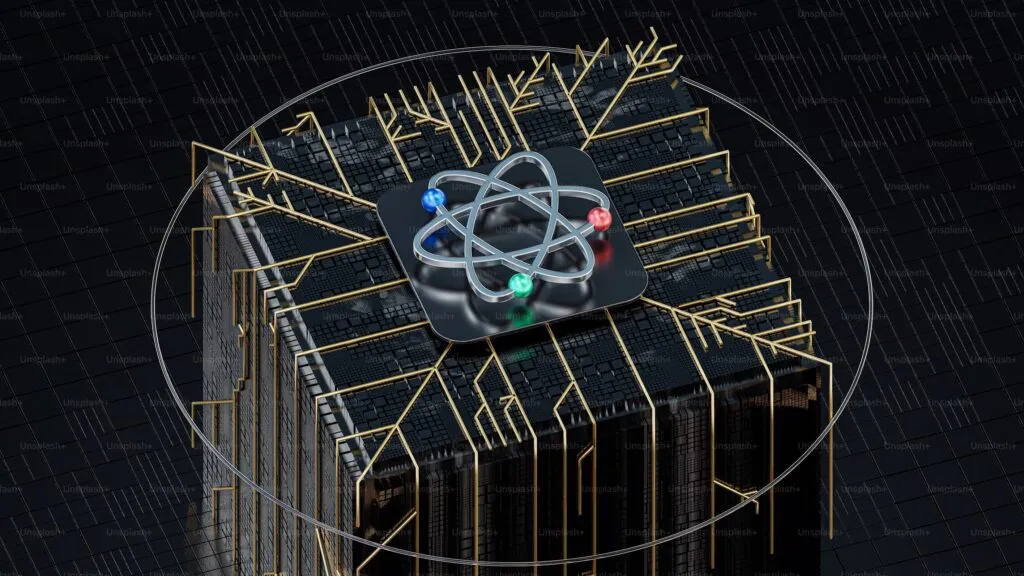
- Information Technology (IT):
- Focuses on computing, data management, and communication systems.
- Examples: Cloud computing, cybersecurity, and software development.
- Medical Technology:
- Aims to improve healthcare and patient outcomes.
- Examples: MRI machines, telemedicine, and wearable health devices.
- Industrial Technology:
- Enhances manufacturing and production processes.
- Examples: Robotics, 3D printing, and automated systems.
- Consumer Technology:
- Centers on devices for personal use and convenience.
- Examples: Smartphones, smart home systems, and gaming consoles.
The Importance of Technology:
- Communication: Tools like smartphones and the internet have revolutionized how people connect globally.
- Efficiency: Automation and computational power increase productivity and accuracy.
- Healthcare: Innovations in medical technology save lives and improve quality of care.
- Sustainability: Green technologies address environmental challenges through renewable energy and efficient resource use.
Challenges and Ethical Considerations:
- Privacy: The digital age raises concerns about data protection and surveillance.
- Job Displacement: Automation can replace traditional roles, impacting employment.
- Digital Divide: Unequal access to technology creates disparities between regions and demographics.

The Future of Technology:
Emerging fields such as artificial intelligence, quantum computing, and biotechnology hold immense potential to reshape society. With responsible innovation and ethical guidelines, technology can continue to drive progress and create a better future for all.
The Evolution of Technology
Technology has undergone a remarkable transformation over the centuries, shaping the way we live, work, and interact. From rudimentary tools to advanced artificial intelligence, the journey of technology is a testament to human ingenuity.
The Early Beginnings

The roots of technology can be traced back to ancient civilizations. Simple tools like stone axes and fire-making techniques revolutionized human life, enabling survival and growth.
The Role of Agriculture
With the advent of agriculture, humans began to settle and form communities. This shift led to the creation of new tools and innovations, such as:
- The plow for efficient farming
- Irrigation systems for water management
- Storage facilities for preserving food
“Agriculture not only gave humans food security but also laid the foundation for technological advancements in other domains.” — Historian Jane Doe
The Industrial Revolution
The 18th and 19th centuries marked a turning point with the Industrial Revolution. Steam engines, mechanized production, and innovations like the spinning jenny transformed industries and economies.
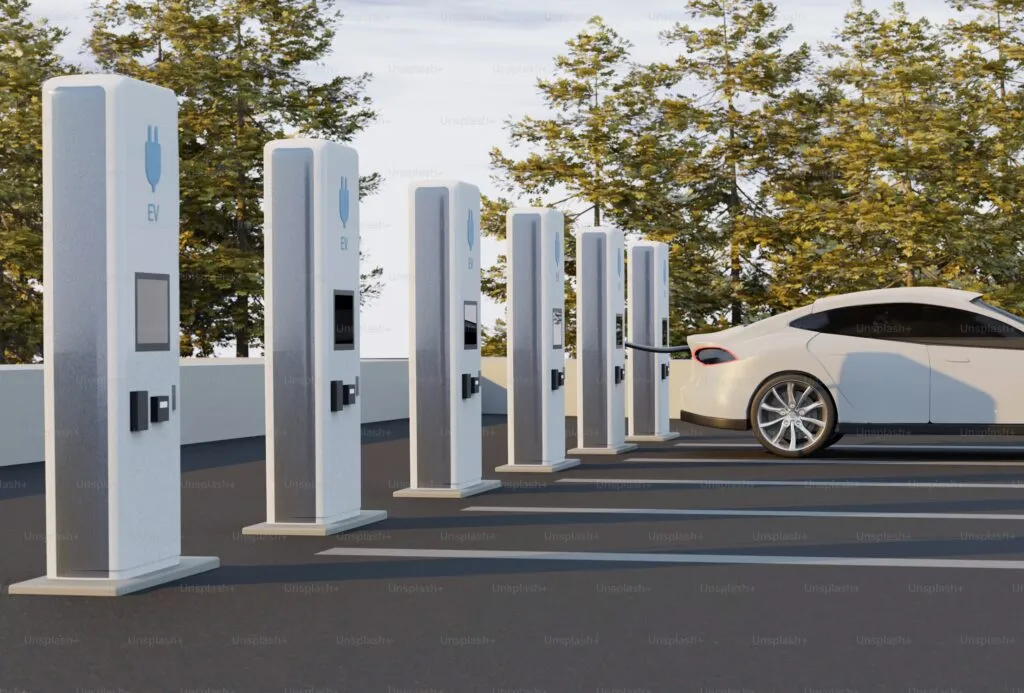
Key Innovations
- Steam Power: Revolutionized transportation and manufacturing.
- Telegraph: The precursor to modern communication technology.
- Electricity: Paved the way for countless inventions.
The Digital Age
The 20th century introduced the digital age, characterized by rapid advancements in computing, communication, and automation.
The Rise of Computers
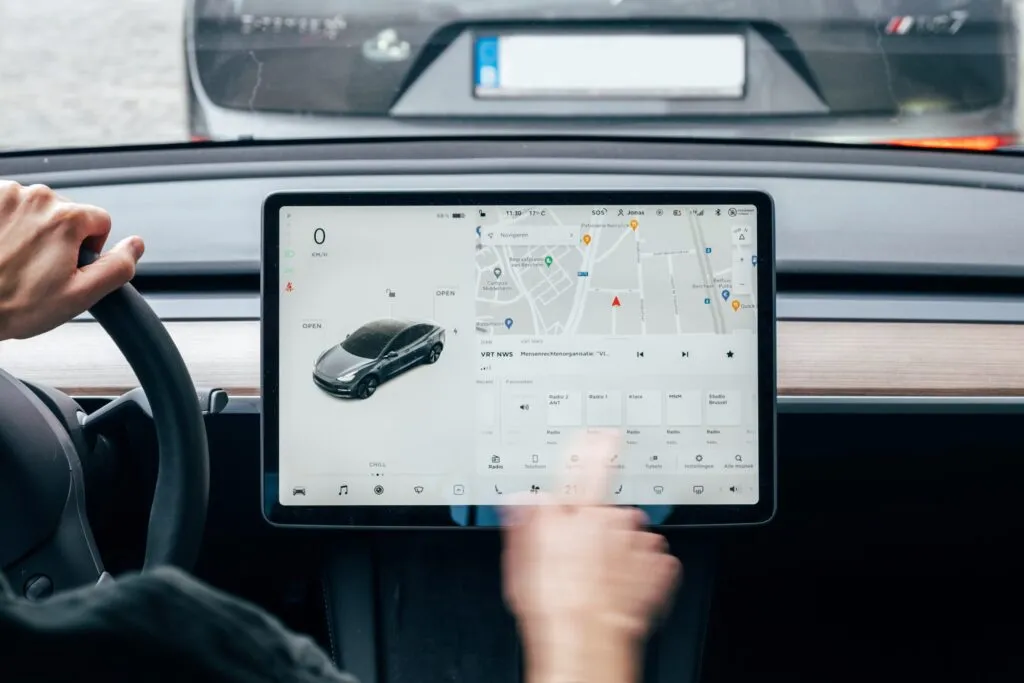
The development of computers changed the landscape of technology forever. From mainframes to personal computers, milestones include:
- ENIAC: The first general-purpose computer
- Introduction of the microprocessor
- The emergence of laptops and mobile computing
“Computers have become the backbone of modern society, influencing every aspect of our lives.” — Tech Innovator John Smith
The Internet Revolution
The internet has arguably been the most transformative technology of the past century. Connecting billions worldwide, it has democratized access to information and fostered innovation.
Milestones in Internet Evolution
- 1983: The adoption of the TCP/IP protocol
- 1991: The birth of the World Wide Web
- 2007: The smartphone revolution, bringing the internet to our pockets
Emerging Technologies
As we move further into the 21st century, emerging technologies are redefining boundaries.
Artificial Intelligence (AI)
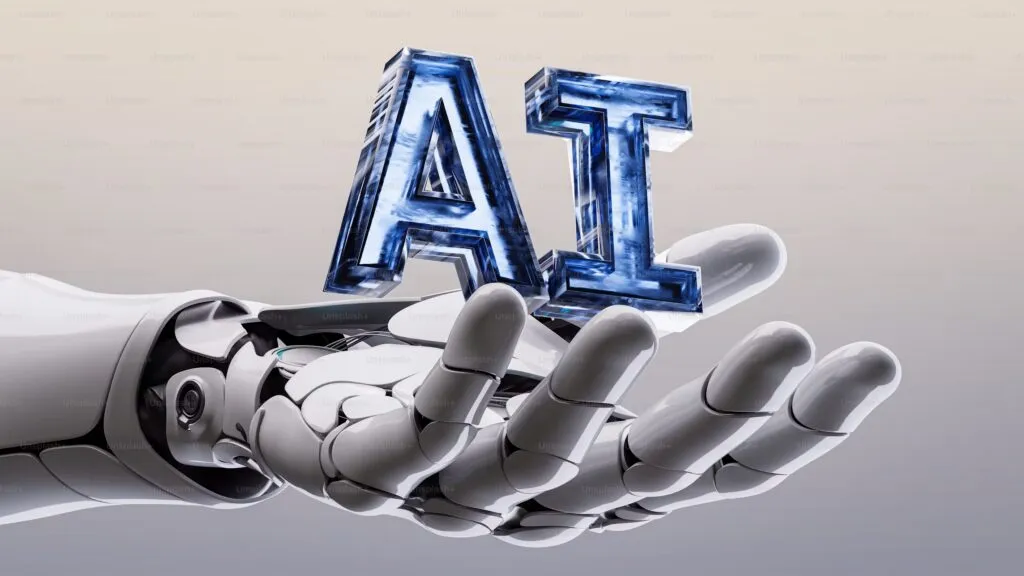
AI has moved from science fiction to reality, with applications in:
- Healthcare: Predicting diseases and improving diagnostics
- Transportation: Autonomous vehicles
- Business: Enhancing customer experiences
Blockchain and Cryptocurrency

Blockchain technology underpins cryptocurrencies like Bitcoin and has potential applications in:
- Secure transactions
- Supply chain management
- Decentralized applications (DApps)
Challenges and Ethical Considerations

With great power comes great responsibility. The rapid growth of technology raises ethical questions and challenges, such as:
- Privacy concerns in the digital age
- The impact of automation on jobs
- Environmental consequences of tech production
“Ethical considerations must guide technological advancements to ensure a sustainable and equitable future.” — Professor Emily Carter
Conclusion
The story of technology is one of relentless innovation and adaptation. As we stand on the brink of new breakthroughs, it is essential to harness the power of technology responsibly for the betterment of humanity.
Quick Facts About Technology
- The first email was sent in 1971.
- The word “robot” originates from the Czech word “robota,” meaning forced labor.
- Over 6 billion people globally own a smartphone.
Further Reading
- “The Innovators” by Walter Isaacson
- “The Second Machine Age” by Erik Brynjolfsson and Andrew McAfee
Visual Representation
Below is a conceptual breakdown of the timeline of technology advancements:
| Era | Key Innovations |
|---|---|
| Ancient Times | Fire, wheel, tools |
| Industrial Revolution | Steam engine, telegraph |
| Digital Age | Computers, internet, AI |
| 21st Century | Blockchain, quantum computing, IoT |
Robotics: The Future of Automation

Robotics is a field that integrates engineering, computer science, and artificial intelligence to create machines capable of performing tasks traditionally carried out by humans. From industrial automation to personal assistance, robotics is transforming industries and daily life.
The History of Robotics
- Ancient Times: Early mechanical devices, such as automatons in ancient Greece and China.
- 20th Century: The advent of programmable machines and the first industrial robots.
- Modern Era: AI-powered robots capable of learning and adapting to tasks.
Applications of Robotics

- Manufacturing: Automated assembly lines enhance efficiency and precision.
- Healthcare: Surgical robots and prosthetics improve patient outcomes.
- Exploration: Robots like Mars rovers expand our reach into space and underwater environments.
- Service Industry: Personal assistants and cleaning robots simplify daily tasks.
“Robots are no longer a vision of the future; they are integral to our present.” — Roboticist Anna Lee
Ethical Considerations in Robotics
Safety: Developing fail-safe mechanisms to prevent harm.
Job Displacement: The impact on employment due to automation.
Autonomy and Control: Ensuring robots operate within ethical guidelines.
Second iteration on purpose
Technology is the application of scientific knowledge, tools, and techniques to solve problems, enhance efficiency, and improve the quality of life. It spans a vast array of disciplines and industries, influencing everything from communication and healthcare to transportation and entertainment.
Key Characteristics of Technology:
- Innovation: Technology often brings novel solutions to existing challenges, fostering progress and innovation.
- Integration: It integrates with various aspects of daily life, becoming a cornerstone of modern society.
- Evolution: Technology evolves rapidly, with new advancements building on the foundation of prior discoveries.
Major Types of Technology:

- Information Technology (IT):
- Focuses on computing, data management, and communication systems.
- Examples: Cloud computing, cybersecurity, and software development.
- Medical Technology:
- Aims to improve healthcare and patient outcomes.
- Examples: MRI machines, telemedicine, and wearable health devices.
- Industrial Technology:
- Enhances manufacturing and production processes.
- Examples: Robotics, 3D printing, and automated systems.
- Consumer Technology:
- Centers on devices for personal use and convenience.
- Examples: Smartphones, smart home systems, and gaming consoles.
The Importance of Technology:
- Communication: Tools like smartphones and the internet have revolutionized how people connect globally.
- Efficiency: Automation and computational power increase productivity and accuracy.
- Healthcare: Innovations in medical technology save lives and improve quality of care.
- Sustainability: Green technologies address environmental challenges through renewable energy and efficient resource use.
Challenges and Ethical Considerations:
- Privacy: The digital age raises concerns about data protection and surveillance.
- Job Displacement: Automation can replace traditional roles, impacting employment.
- Digital Divide: Unequal access to technology creates disparities between regions and demographics.

The Future of Technology:
Emerging fields such as artificial intelligence, quantum computing, and biotechnology hold immense potential to reshape society. With responsible innovation and ethical guidelines, technology can continue to drive progress and create a better future for all.
The Evolution of Technology
Technology has undergone a remarkable transformation over the centuries, shaping the way we live, work, and interact. From rudimentary tools to advanced artificial intelligence, the journey of technology is a testament to human ingenuity.
The Early Beginnings

The roots of technology can be traced back to ancient civilizations. Simple tools like stone axes and fire-making techniques revolutionized human life, enabling survival and growth.
The Role of Agriculture
With the advent of agriculture, humans began to settle and form communities. This shift led to the creation of new tools and innovations, such as:
- The plow for efficient farming
- Irrigation systems for water management
- Storage facilities for preserving food
“Agriculture not only gave humans food security but also laid the foundation for technological advancements in other domains.” — Historian Jane Doe
The Industrial Revolution
The 18th and 19th centuries marked a turning point with the Industrial Revolution. Steam engines, mechanized production, and innovations like the spinning jenny transformed industries and economies.

Key Innovations
- Steam Power: Revolutionized transportation and manufacturing.
- Telegraph: The precursor to modern communication technology.
- Electricity: Paved the way for countless inventions.
The Digital Age
The 20th century introduced the digital age, characterized by rapid advancements in computing, communication, and automation.
The Rise of Computers

The development of computers changed the landscape of technology forever. From mainframes to personal computers, milestones include:
- ENIAC: The first general-purpose computer
- Introduction of the microprocessor
- The emergence of laptops and mobile computing
“Computers have become the backbone of modern society, influencing every aspect of our lives.” — Tech Innovator John Smith
The Internet Revolution
The internet has arguably been the most transformative technology of the past century. Connecting billions worldwide, it has democratized access to information and fostered innovation.
Milestones in Internet Evolution
- 1983: The adoption of the TCP/IP protocol
- 1991: The birth of the World Wide Web
- 2007: The smartphone revolution, bringing the internet to our pockets
Emerging Technologies
As we move further into the 21st century, emerging technologies are redefining boundaries.
Artificial Intelligence (AI)

AI has moved from science fiction to reality, with applications in:
- Healthcare: Predicting diseases and improving diagnostics
- Transportation: Autonomous vehicles
- Business: Enhancing customer experiences
Blockchain and Cryptocurrency

Blockchain technology underpins cryptocurrencies like Bitcoin and has potential applications in:
- Secure transactions
- Supply chain management
- Decentralized applications (DApps)
Challenges and Ethical Considerations

With great power comes great responsibility. The rapid growth of technology raises ethical questions and challenges, such as:
- Privacy concerns in the digital age
- The impact of automation on jobs
- Environmental consequences of tech production
“Ethical considerations must guide technological advancements to ensure a sustainable and equitable future.” — Professor Emily Carter
Conclusion
The story of technology is one of relentless innovation and adaptation. As we stand on the brink of new breakthroughs, it is essential to harness the power of technology responsibly for the betterment of humanity.
Quick Facts About Technology
- The first email was sent in 1971.
- The word “robot” originates from the Czech word “robota,” meaning forced labor.
- Over 6 billion people globally own a smartphone.
Further Reading
- “The Innovators” by Walter Isaacson
- “The Second Machine Age” by Erik Brynjolfsson and Andrew McAfee
Visual Representation
Below is a conceptual breakdown of the timeline of technology advancements:
| Era | Key Innovations |
|---|---|
| Ancient Times | Fire, wheel, tools |
| Industrial Revolution | Steam engine, telegraph |
| Digital Age | Computers, internet, AI |
| 21st Century | Blockchain, quantum computing, IoT |
Robotics: The Future of Automation

Robotics is a field that integrates engineering, computer science, and artificial intelligence to create machines capable of performing tasks traditionally carried out by humans. From industrial automation to personal assistance, robotics is transforming industries and daily life.
The History of Robotics
- Ancient Times: Early mechanical devices, such as automatons in ancient Greece and China.
- 20th Century: The advent of programmable machines and the first industrial robots.
- Modern Era: AI-powered robots capable of learning and adapting to tasks.
Applications of Robotics

- Manufacturing: Automated assembly lines enhance efficiency and precision.
- Healthcare: Surgical robots and prosthetics improve patient outcomes.
- Exploration: Robots like Mars rovers expand our reach into space and underwater environments.
- Service Industry: Personal assistants and cleaning robots simplify daily tasks.
“Robots are no longer a vision of the future; they are integral to our present.” — Roboticist Anna Lee
Ethical Considerations in Robotics
Safety: Developing fail-safe mechanisms to prevent harm.
Job Displacement: The impact on employment due to automation.
Autonomy and Control: Ensuring robots operate within ethical guidelines.
3rd iteration
Technology is the application of scientific knowledge, tools, and techniques to solve problems, enhance efficiency, and improve the quality of life. It spans a vast array of disciplines and industries, influencing everything from communication and healthcare to transportation and entertainment.
Key Characteristics of Technology:
- Innovation: Technology often brings novel solutions to existing challenges, fostering progress and innovation.
- Integration: It integrates with various aspects of daily life, becoming a cornerstone of modern society.
- Evolution: Technology evolves rapidly, with new advancements building on the foundation of prior discoveries.
Major Types of Technology:

- Information Technology (IT):
- Focuses on computing, data management, and communication systems.
- Examples: Cloud computing, cybersecurity, and software development.
- Medical Technology:
- Aims to improve healthcare and patient outcomes.
- Examples: MRI machines, telemedicine, and wearable health devices.
- Industrial Technology:
- Enhances manufacturing and production processes.
- Examples: Robotics, 3D printing, and automated systems.
- Consumer Technology:
- Centers on devices for personal use and convenience.
- Examples: Smartphones, smart home systems, and gaming consoles.
The Importance of Technology:
- Communication: Tools like smartphones and the internet have revolutionized how people connect globally.
- Efficiency: Automation and computational power increase productivity and accuracy.
- Healthcare: Innovations in medical technology save lives and improve quality of care.
- Sustainability: Green technologies address environmental challenges through renewable energy and efficient resource use.
Challenges and Ethical Considerations:
- Privacy: The digital age raises concerns about data protection and surveillance.
- Job Displacement: Automation can replace traditional roles, impacting employment.
- Digital Divide: Unequal access to technology creates disparities between regions and demographics.

The Future of Technology:
Emerging fields such as artificial intelligence, quantum computing, and biotechnology hold immense potential to reshape society. With responsible innovation and ethical guidelines, technology can continue to drive progress and create a better future for all.
The Evolution of Technology
Technology has undergone a remarkable transformation over the centuries, shaping the way we live, work, and interact. From rudimentary tools to advanced artificial intelligence, the journey of technology is a testament to human ingenuity.
The Early Beginnings

The roots of technology can be traced back to ancient civilizations. Simple tools like stone axes and fire-making techniques revolutionized human life, enabling survival and growth.
The Role of Agriculture
With the advent of agriculture, humans began to settle and form communities. This shift led to the creation of new tools and innovations, such as:
- The plow for efficient farming
- Irrigation systems for water management
- Storage facilities for preserving food
“Agriculture not only gave humans food security but also laid the foundation for technological advancements in other domains.” — Historian Jane Doe
The Industrial Revolution
The 18th and 19th centuries marked a turning point with the Industrial Revolution. Steam engines, mechanized production, and innovations like the spinning jenny transformed industries and economies.

Key Innovations
- Steam Power: Revolutionized transportation and manufacturing.
- Telegraph: The precursor to modern communication technology.
- Electricity: Paved the way for countless inventions.
The Digital Age
The 20th century introduced the digital age, characterized by rapid advancements in computing, communication, and automation.
The Rise of Computers

The development of computers changed the landscape of technology forever. From mainframes to personal computers, milestones include:
- ENIAC: The first general-purpose computer
- Introduction of the microprocessor
- The emergence of laptops and mobile computing
“Computers have become the backbone of modern society, influencing every aspect of our lives.” — Tech Innovator John Smith
The Internet Revolution
The internet has arguably been the most transformative technology of the past century. Connecting billions worldwide, it has democratized access to information and fostered innovation.
Milestones in Internet Evolution
- 1983: The adoption of the TCP/IP protocol
- 1991: The birth of the World Wide Web
- 2007: The smartphone revolution, bringing the internet to our pockets
Emerging Technologies
As we move further into the 21st century, emerging technologies are redefining boundaries.
Artificial Intelligence (AI)

AI has moved from science fiction to reality, with applications in:
- Healthcare: Predicting diseases and improving diagnostics
- Transportation: Autonomous vehicles
- Business: Enhancing customer experiences
Blockchain and Cryptocurrency

Blockchain technology underpins cryptocurrencies like Bitcoin and has potential applications in:
- Secure transactions
- Supply chain management
- Decentralized applications (DApps)
Challenges and Ethical Considerations

With great power comes great responsibility. The rapid growth of technology raises ethical questions and challenges, such as:
- Privacy concerns in the digital age
- The impact of automation on jobs
- Environmental consequences of tech production
“Ethical considerations must guide technological advancements to ensure a sustainable and equitable future.” — Professor Emily Carter
Conclusion
The story of technology is one of relentless innovation and adaptation. As we stand on the brink of new breakthroughs, it is essential to harness the power of technology responsibly for the betterment of humanity.
Quick Facts About Technology
- The first email was sent in 1971.
- The word “robot” originates from the Czech word “robota,” meaning forced labor.
- Over 6 billion people globally own a smartphone.
Further Reading
- “The Innovators” by Walter Isaacson
- “The Second Machine Age” by Erik Brynjolfsson and Andrew McAfee
Visual Representation
Below is a conceptual breakdown of the timeline of technology advancements:
| Era | Key Innovations |
|---|---|
| Ancient Times | Fire, wheel, tools |
| Industrial Revolution | Steam engine, telegraph |
| Digital Age | Computers, internet, AI |
| 21st Century | Blockchain, quantum computing, IoT |
Robotics: The Future of Automation

Robotics is a field that integrates engineering, computer science, and artificial intelligence to create machines capable of performing tasks traditionally carried out by humans. From industrial automation to personal assistance, robotics is transforming industries and daily life.
The History of Robotics
- Ancient Times: Early mechanical devices, such as automatons in ancient Greece and China.
- 20th Century: The advent of programmable machines and the first industrial robots.
- Modern Era: AI-powered robots capable of learning and adapting to tasks.
Applications of Robotics

- Manufacturing: Automated assembly lines enhance efficiency and precision.
- Healthcare: Surgical robots and prosthetics improve patient outcomes.
- Exploration: Robots like Mars rovers expand our reach into space and underwater environments.
- Service Industry: Personal assistants and cleaning robots simplify daily tasks.
“Robots are no longer a vision of the future; they are integral to our present.” — Roboticist Anna Lee
Ethical Considerations in Robotics
Safety: Developing fail-safe mechanisms to prevent harm.
Job Displacement: The impact on employment due to automation.
Autonomy and Control: Ensuring robots operate within ethical guidelines.
